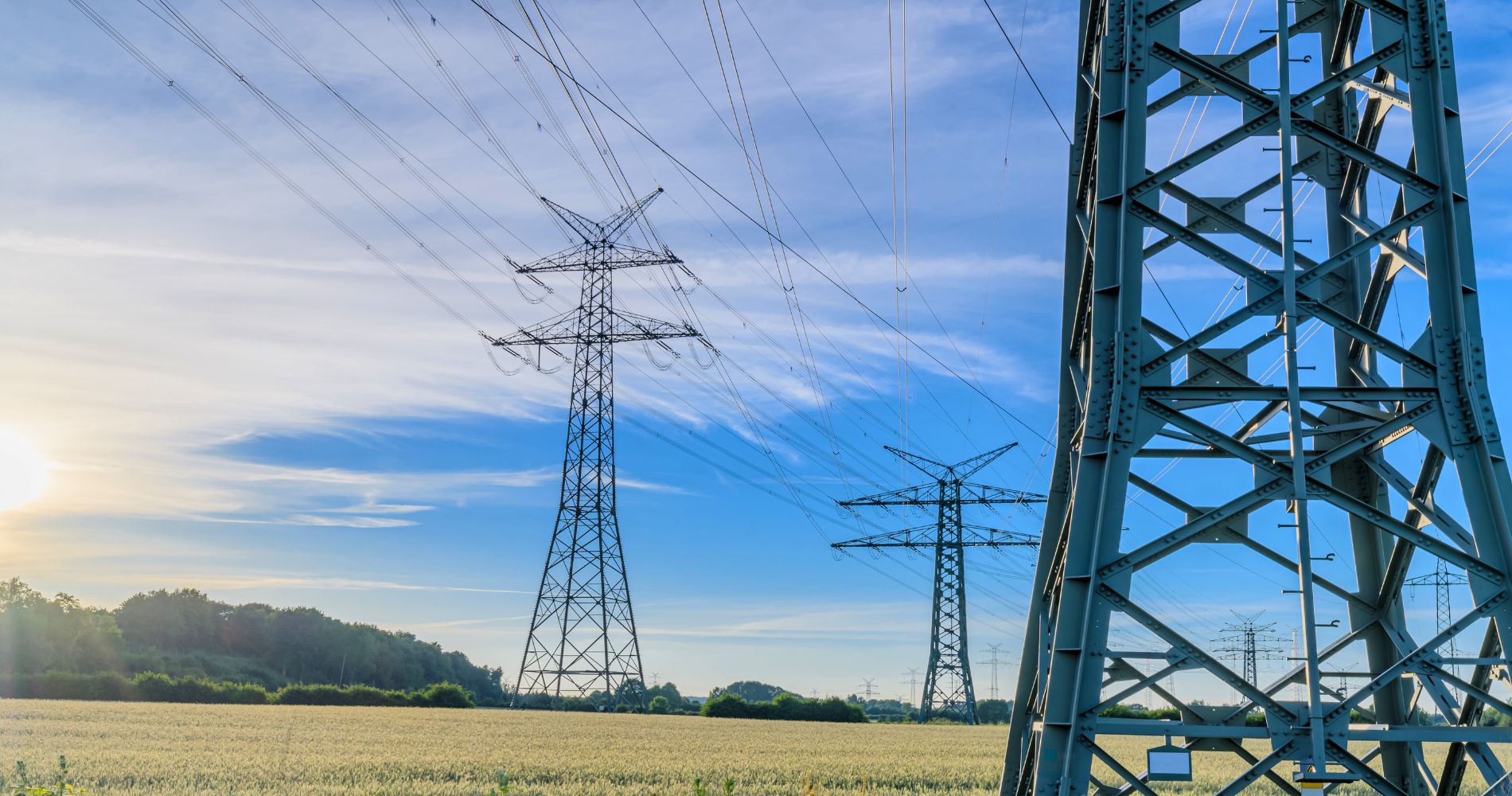The debate on climate change and energy transition is crucial at a time when we face unprecedented environmental challenges. This article examines the urgent need for international collaboration to address these challenges and explore the opportunities offered by the transition to cleaner, more sustainable energy sources.
The latest IPCC report highlights that climate change is already affecting all regions of the planet, with projections indicating a potential increase in global temperature by 2.7°C by the end of the century, if more energetic measures are not taken. This could result in significant global economic losses and negatively affect biodiversity and terrestrial and marine ecosystems.
Renewable energy plays a crucial role in reducing global greenhouse gas emissions. According to IRENA, these technologies could deliver around 90% of the CO2 reductions needed by 2050. The energy transition promotes not only environmental sustainability but also economic resilience. Investing in renewable sources boosts the economy, with the sector having already created 11 million jobs globally. Solar and wind energy, in particular, are at the heart of this transformation, with global solar capacity expected to quadruple over the next decade. This growth is driven by technological advances, cost reductions and favorable government policies. Additionally, renewable energy reduces dependence on imported fossil fuels, improves countries’ energy security and contributes to a more diversified and sustainable energy matrix.
The energy transition has seen notable examples around the world. In Germany, the government has embarked on an ambitious Energiewende policy, which aims to drastically reduce dependence on fossil fuels. In China, leadership in solar and wind technologies is transforming the country into a renewable energy superpower. In Brazil, the development of bioenergy and hydroelectric power highlights the country’s commitment to the energy transition. Brazil is one of the world leaders in hydroelectric energy and has made significant investments in bioenergy, especially sugarcane ethanol, which contributes to the reduction of carbon emissions and strengthens the rural economy. These national strategies exemplify how different resources and policies can be used to promote clean energy.
International collaboration through climate conferences and agreements, under the auspices of the United Nations, is crucial to advancing the environmental agenda. These platforms allow nations to share knowledge, negotiate goals and establish common agreements to reduce greenhouse gas emissions and promote climate resilience.
The need for global action is imperative. This article encourages all actors in society – from governments and companies to individuals – to commit to climate change mitigation and adopt sustainability practices. The transition to renewable energy is not only an environmental issue, but also a significant economic opportunity that can ensure a more prosperous and sustainable future for all.






